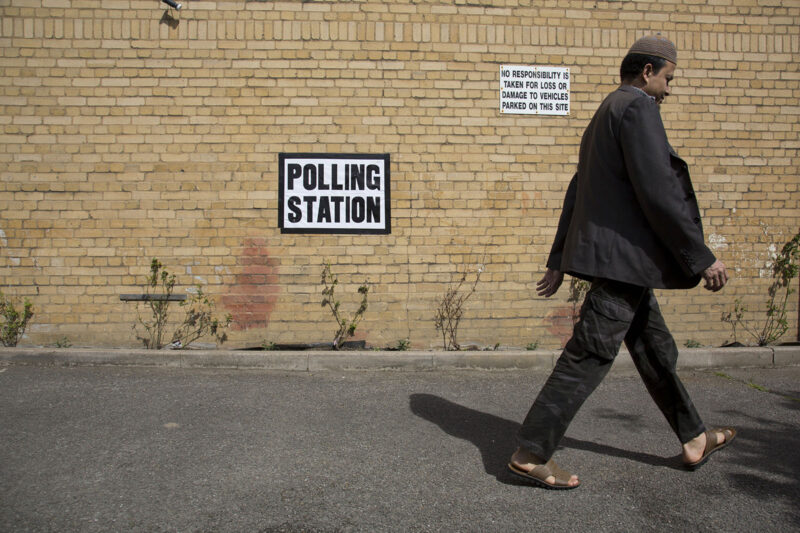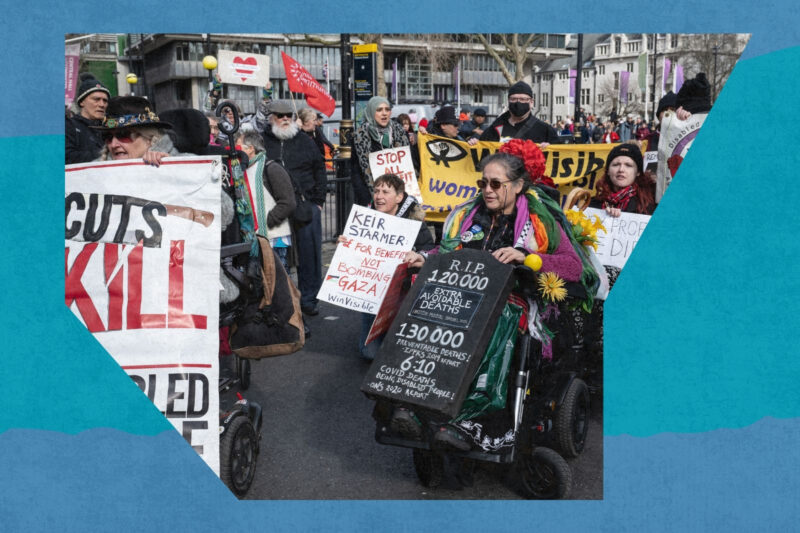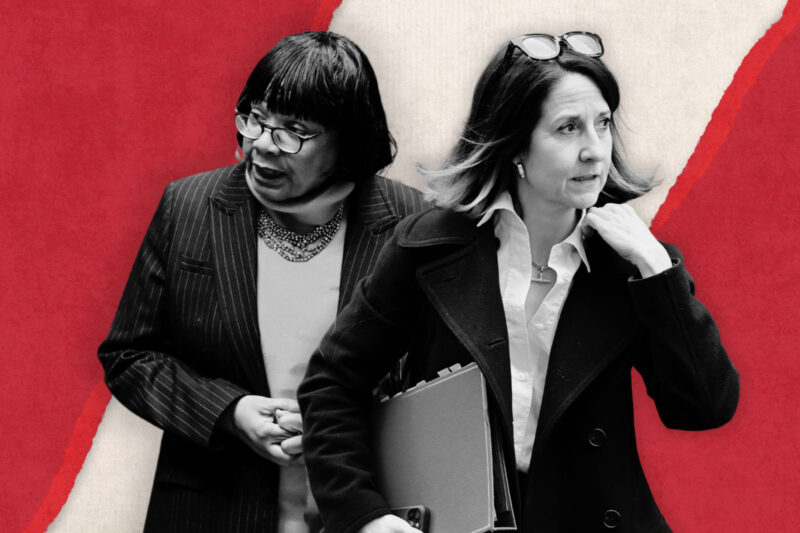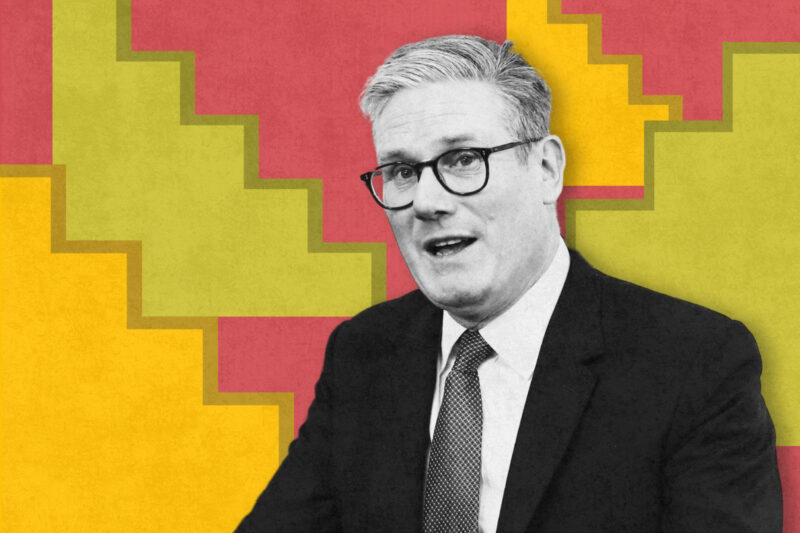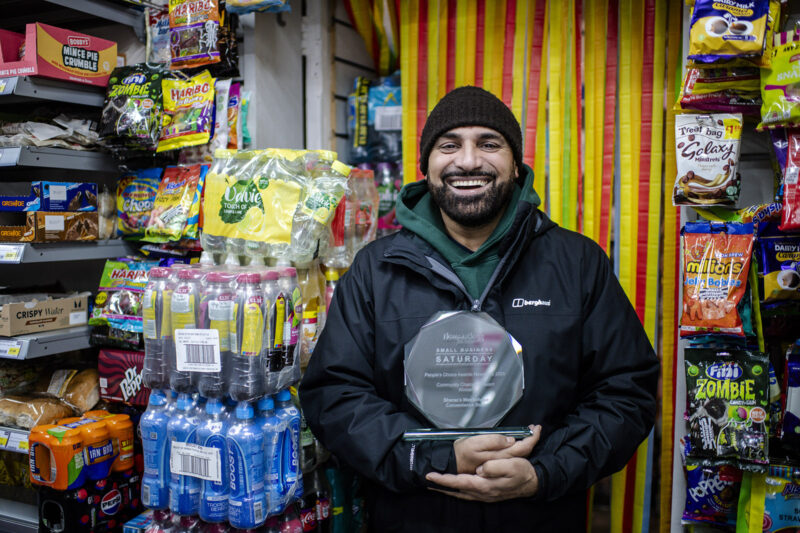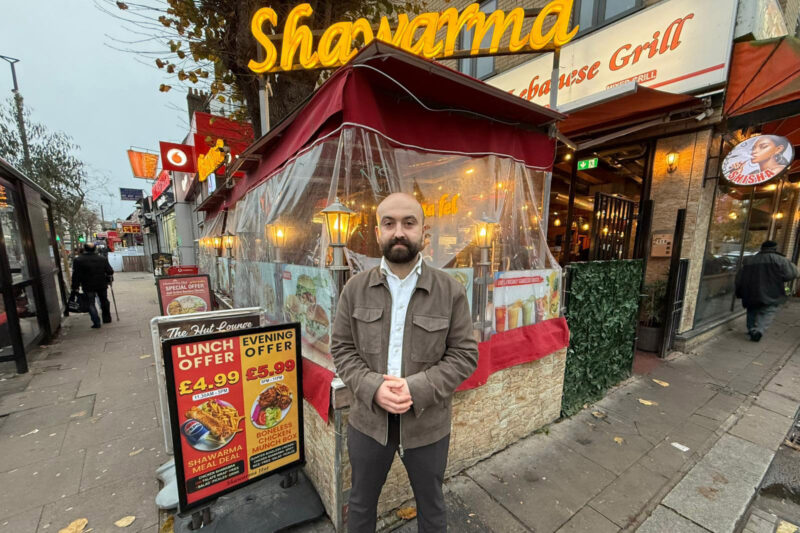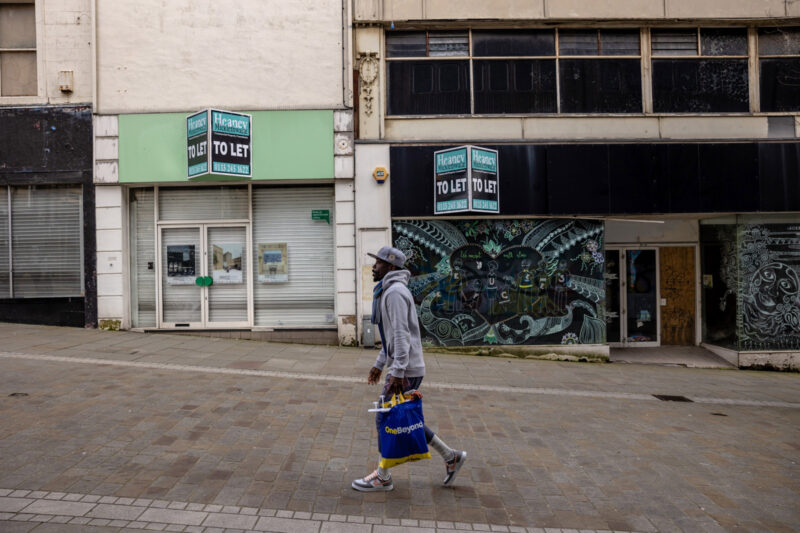Eating less and washing in cold water: what it means to lose the winter fuel payment
Rachel Reeves has cut cold weather benefits for 10 million pensioners. But schemes to help those who lose it may not touch the sides

Junaid Ali, the coordinator of Hope 4 Humanity in east London, is exasperated by Britain’s cost of living crisis. “We are the sixth largest economy in the world,” he says, “and we are having to listen to miserable words come out the mouths of our most senior citizens. Is that not a shame to us as a nation?”
Ali’s organisation is a one-stop shop for people in East Ham and the surrounding area, providing everything from children’s holiday clubs to food banks and debt advice.
But as temperatures fall, his thoughts are turning to the “warm havens” the organisation runs each year — free heated spaces with hot food and company for those who need it. And he fears the government’s recent decision to withdraw universal winter fuel payments from about 10 million pensioners will put even more pressure on services like these.
“One told me if the payment goes down to zero for them, then they have to cut down on food,” Ali says.
Charities and community enterprises have spent the past fortnight warning of the devastating impact that the move to means-test the benefit will have on marginalised communities. The annual payment of up to £300, introduced in 1997 by then chancellor Gordon Brown, was intended to help older people with their heating costs during the winter months. His successor in this Labour government, Rachel Reeves, told parliament at the end of July that means-testing the benefit would save the economy £1.5bn, a change she claims is necessary to fill an alleged £22bn “black hole” left by the previous Conservative government.
Figures released earlier in September showed that three-quarters (71%) of disabled pensioners — about 1.6 million people — and 83% of people over 80 will lose their entitlement to the payment.
Services such as Ali’s can help, but they aren’t without their own challenges for the most vulnerable people. “Warm havens can be in far-out locations,” Ali says. “Service users do not want to be battling adverse conditions in deep winter. A 10 or 15-minute walk for a senior citizen can make them ill.”
Nor will the expansion of measures such as the household support fund to take on the pressures necessarily be enough. Ali tells Hyphen about one service user, a woman in her 80s who isn’t eligible for assistance because her income is more than the £218 a week threshold. “She said she would use cold water to wash dishes,” says Ali, “and that will worsen the arthritis in her hands.”
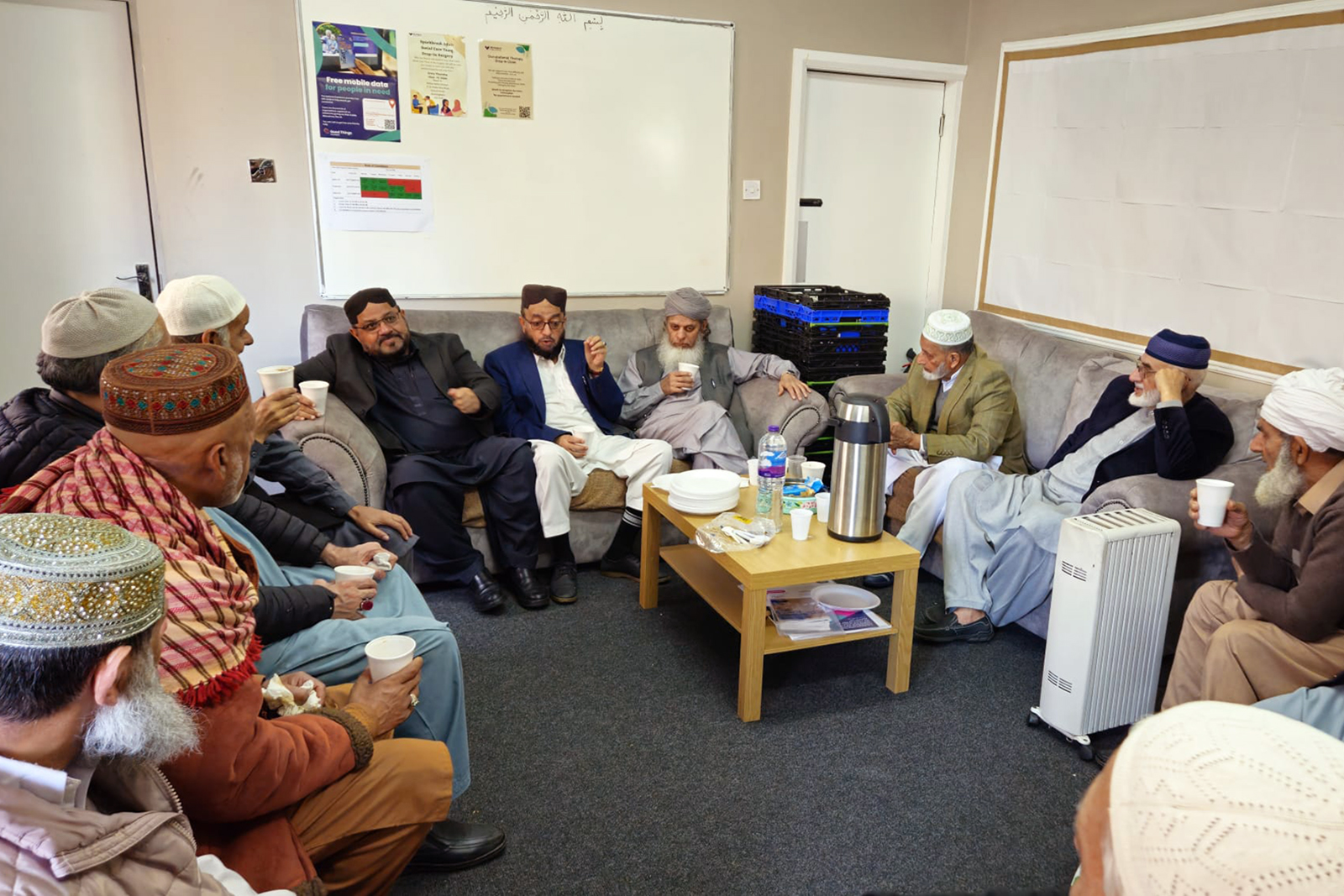
Abdullah Rehman, community engagement manager at the Birmingham-based Bahu Trust mosque, says the government’s decision could cause “significant harm” to pensioners. “It leaves them at risk of illness due to reduced heating and increased reliance on an already overstretched NHS,” he says.
“Although we provide a warm space for a few hours each week, along with a hot meal and kindness, it is not enough to lift them out of poverty. Many continue to live in cold, damp homes with little or no insulation, which severely impacts their quality of life.”
The trust operates 22 mosques nationally. Locally, though, it is focused on energy justice. As well as advocating for those living in poorly insulated council houses in Balsall Heath and other areas densely populated with ethnic minorities, the trust runs “energy surgeries”, helping people apply for means-tested benefit support, negotiate payment plans with providers or simply read their meters.
“My wife and I receive a small pension,” says one 87-year-old trust user, asking not to be named. “We used to receive a combined total of £500 winter fuel allowance, but now we have to cut back on heating to save money so we can afford food.”
Asked how the rising cost of energy had affected them, the man said: “We are buying fewer clothes because we cannot afford them. When we go shopping, we look for cheaper food, which is not always healthy options, but we need to budget carefully.”
The Bahu Trust helped the couple apply for help from the government’s household support fund, which provided them with an extra £200. It also organises trips and social gatherings to help combat loneliness.
The Department for Work and Pensions says the pensions triple lock will put an extra £1,700 a year in pensioners’ pockets by 2029. Independent analysis, however, has suggested this may not cancel out the loss of the winter fuel payment for everyone, and certainly will not do so straight away.
A statement emailed to Hyphen by the department adds: “Given the dire public finances we have inherited, we must target support to those who need it most while taking the difficult decisions to fix the foundations of our economy. Over a million pensioners will continue to receive the winter fuel payment, with low-income households set to get the £150 warm home discount and access to the household support fund, which we’ve extended by over £400m this winter.
“Through the public awareness campaign that we have launched, there has been a 115% increase in pension credit claims in the past five weeks compared to the five weeks before.”
 Newsletter
Newsletter



